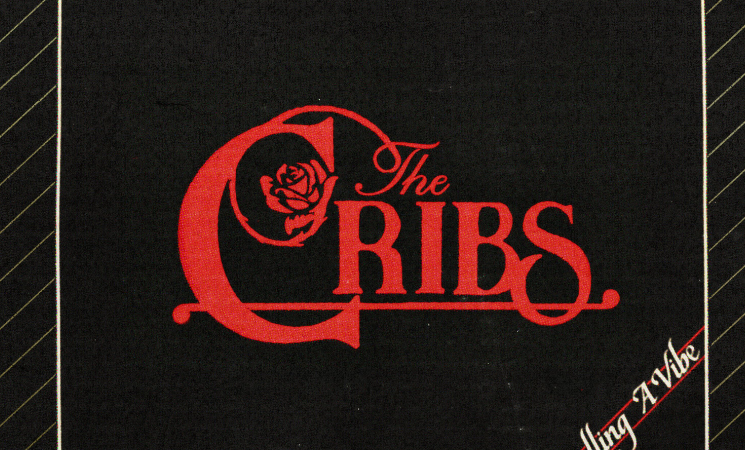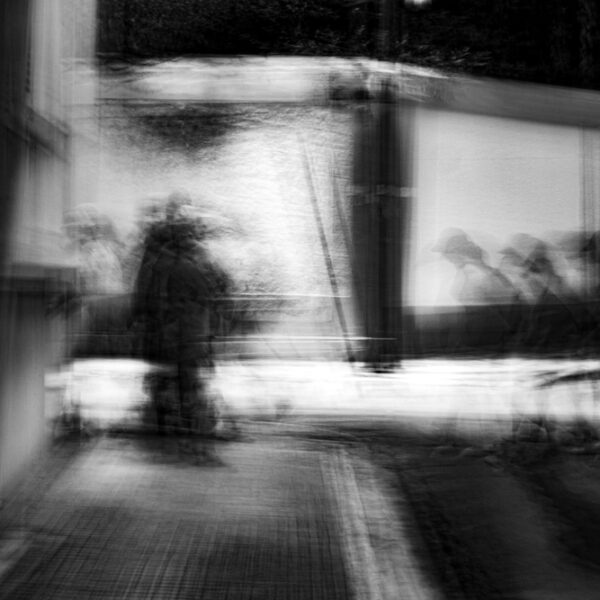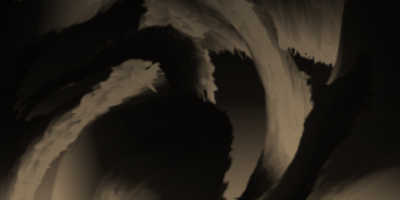By now, Kevin Parker’s career feels like an ouroboros – the once-reclusive bedroom producer who brought psychedelic rock into the streaming age has looped back on himself, circling through fame, fatherhood, and a decade-long quest to reconcile the analog soul of his early work with the digital sheen of pop superstardom. Deadbeat, Tame Impala’s fifth album, arrives as both a comedown and a recalibration. It’s a record about domesticity, dance floors, and disconnection – about growing up, staying out too late, and coming home to a house full of toys.
Parker has described Deadbeat as his “rave album,” inspired by Western Australia’s bush doof scene – a subculture of dusty, improvised raves held under open skies. Yet for all its talk of transcendence, this is a record that rarely takes flight. The beats are grounded, the synths hazy, the melodies half-remembered. What once felt like an ecstatic journey through the mind now feels like a diary of a man trying to remember why he fell in love with sound in the first place.
The opening track, My Old Ways, sets the tone with a woozy piano loop and a lyrical shrug. Parker sings like someone peering backward through a fog machine, half-wistful, half-bored. It’s not quite the euphoric liftoff of Let It Happen or the shimmering pulse of Borderline – more like an afterimage of those songs, distorted by distance. That theme carries throughout the record: fragments of euphoria glimpsed through fatigue.
Piece of Heaven, the most personal track here, finds Parker addressing his daughter’s messy bedroom in soft-focus detail, his voice wrapped in synthetic strings that sound like Enya processed through a club PA. It’s tender, even touching, though the song’s sentimentality wobbles against the album’s otherwise cool, nocturnal tone. When he follows that with Loser – a half-joking self-own over an Anatolian psych groove – the contrast feels almost too on-the-nose.
Still, there are moments when Parker’s experimentation clicks. Dracula is a goofy, blood-sugar-high bop that lands somewhere between Currents-era funk and Halloween TikTok fodder; Afterthought, the penultimate track, resurrects the melodic focus of his earlier work with a warm bassline and ghostly refrain that hints at emotional clarity. Even the sprawling Ethereal Connection, with its eight-minute trance build, nearly achieves transcendence before dissolving into a swirl of delay and vapor.
But for every flash of inspiration, Deadbeat offers an equal measure of drift. Obsolete and Not My World flirt with techno tropes but never quite commit, their loops spinning like half-hearted DJ sets in an empty warehouse. Parker’s perfectionism, once his great strength, seems to have curdled into uncertainty – he lets songs hang in midair, unsure whether to land them or let them evaporate.
The production, too, bears that tension. Gone is the glassy sheen of The Slow Rush; in its place is something rawer, flatter, more demo-like. At times, it’s refreshing – the lo-fi grit of See You on Monday (You’re Lost) feels almost like a rebellion against his own polish. At others, it’s just muddy, as if Parker left the mix unfinished on purpose.
If The Slow Rush was about time – about movement, repetition, and the cycles of life – Deadbeat feels like the hangover. It’s Parker looking at his reflection in the strobe light, realizing the party doesn’t feel the same anymore. And yet, there’s something human about that disillusionment. The album’s title isn’t just self-deprecating humor; it’s a diagnosis of burnout.
Deadbeat may not be the next Currents or Lonerism, but it’s a strangely honest portrait of an artist caught between past glories and present realities. Parker isn’t trying to reinvent himself here so much as sit with the mess of who he’s become: a dad, a DJ, a pop casualty with a modular synth habit.
There’s a line in Not My World where Parker mutters, “Maybe it’s better this way.” It’s tossed off, but it lingers – a quiet acceptance from a man who’s spent years chasing transcendence and finally learned to live with the static. Deadbeat isn’t a grand return or a reinvention. It’s something smaller, sadder, and maybe more real: the sound of Kevin Parker exhaling after the rush.
















